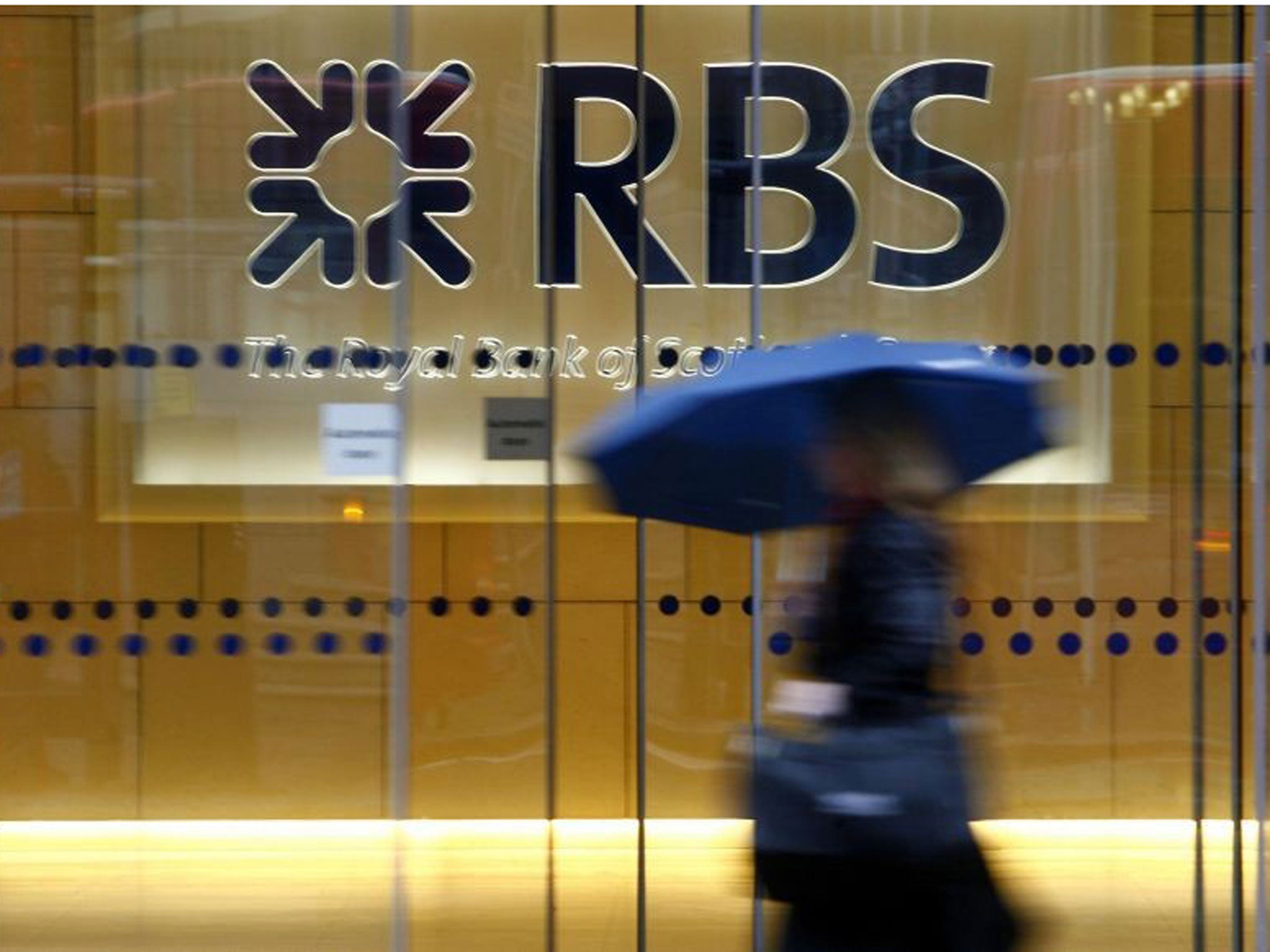New RBS boss Ross McEwan to be paid less than predecessor Stephen Hester – and will not take bonus for two years
New Zealander will be paid £1 million – £200,000 less than his predecessor

New Royal Bank of Scotland boss Ross McEwan, whose appointment was confirmed today, has opted to take no annual bonus for two years and will be paid less than his predecessor Stephen Hester.
McEwan, 56, will be paid £1 million a year — £200,000 less than Hester, 52. He will also get £350,000 instead of a pension plan and undisclosed long-term incentives from next year.
Chairman Sir Philip Hampton revealed McEwan was the only person offered the job and said: “Ross is very aware of the pressures on bankers’ pay from the press, politicians and the public and wanted to make a gesture.”
New Zealander McEwan, who joined taxpayer-controlled RBS as head of retail banking from Commonwealth Bank of Australia, will take over from Hester on 1 October. Chancellor George Osborne, who ordered Hester’s exit earlier this year, welcomed McEwan’s appointment saying he had impressed with his vision of RBS as a strong, UK-centred corporate bank.
Hester bowed out announcing the bank’s first two successive quarters of profits since its £45 billion taxpayer bail-out at the height of the financial crisis in 2008 and 2009. In the last six months RBS made pre-tax profits of £1.37 billion against losses of £1.68 billion.
But Hester said he did not believe RBS would be ready for privatisation until the end of next year.
He said: “We are roughly a year behind Lloyds in rebuilding our capital ratios. That means we would be ready for privatisation towards the end of 2014, but whether the share price and the stock market is where the Government would want them to be then is another matter.”
Hester said he had taken a bank which was “reputationally and financially bust” when he arrived in 2009, cut its balance sheet by £720 billion, cut investment banking from 60 per cent to 20 per cent and shrunk its cost base from £17.5 billion to £13 billion partly through cutting its staff from 175,000 to 122,000. He signed off his last letter to shareholders: “To leave things better than you have found them is a valuable prize in business, as in life generally.”
He said his immediate plan was to take a holiday but expected to come back into business in an executive role.
McEwan has been in retail banking for just over ten years and before that was a stockbroker and worked in insurance.
Hampton said that talks with the Treasury over splitting RBS into “good bank” and “bad bank” were still in their early stages. But he revealed that the Government would not be able to vote its 81 per cent stake if it came to such a split.
RBS shares fell 16.7p to 316.9p, still well below the 500p paid by the taxpayer.
Subscribe to Independent Premium to bookmark this article
Want to bookmark your favourite articles and stories to read or reference later? Start your Independent Premium subscription today.

Join our commenting forum
Join thought-provoking conversations, follow other Independent readers and see their replies